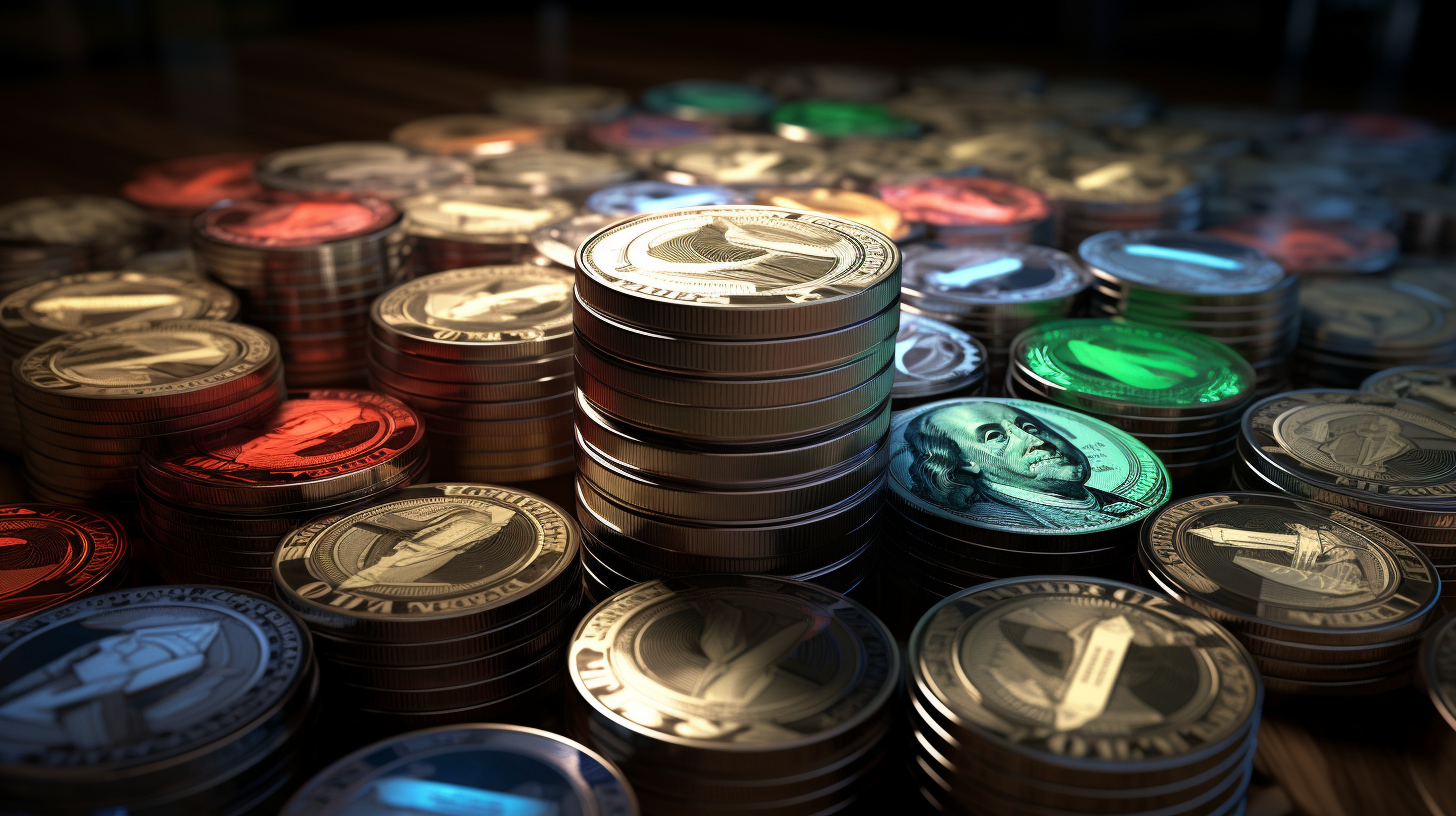Imagine a world where your morning coffee purchase helps secure a network of transactions a world away. Welcome to a reality where digital assets govern all forms of economic exchange, rendering physical money a relic of the past. The unprecedented rise of cryptocurrencies has not merely nudged the global economy; it has uprooted it, and replanted it within the fertile digital landscape.
The Winds of Change: Crypto Ascends to Legal Tender
The story of cryptocurrency has been a rollercoaster of dramatic peaks and troughs. From its nascent days as a niche interest among tech enthusiasts to its meteoric rise to mainstream adoption, digital currencies like Bitcoin and Ethereum have defied skeptics to achieve what was once considered unthinkable: recognition as legal tender.
In the beginning, traditionalists balked at the idea of a monetary system without government backing, warning of instability and chaos. Yet, the waves of digitization proved relentless. As nations began to crumble under the weight of economic crises, cryptocurrencies emerged as saviors, offering a decentralized and secure alternative to volatile fiat currencies.
The Decentralized Dance: A New Economic Rhythm
With cryptocurrencies at the helm, decentralization became the new normal. Gone are the days of power concentrated in the hands of central banks and financial institutions. Individuals now rejoice in their newfound monetary autonomy, flourishing in economies propelled by peer-to-peer transactions.
Blockchain – the bedrock upon which cryptocurrencies are built – offers transparency and security in every transaction. Smart contracts seal deals with unbreakable cryptographic assurance, ensuring that the spirit of trust follows every coin and token around the globe. The notion of ‘banking the unbanked’ transformed from slogan to reality, and a new era of financial inclusivity was birthed.
The Crypto Utopia: Not Without Its Shadows
Where there is light, shadows linger. The ascent of crypto has not been without its dark alleys. Regulatory whirlwinds continue to buffet this nascent economy, and cyber threats stalk the digital corridors of trade. Yet, the society persists, perhaps because the allure of a decentralized utopia eclipses the fear of technological treachery.
As governments reshape their policies to accommodate digital assets, the conversation has shifted from ‘if’ to ‘how.’ How do we maintain privacy and security in a crypto-first world? How do we navigate the labyrinth of international regulations and ensure a harmonious global market?
A Peek into Tomorrow: Innovations on the Horizon
Excitement abounds at the watercooler chats about the next breakthrough in crypto technology. Eyes sparkle at the mention of quantum-resistant blockchains and AI-driven markets that may just make today’s systems look like children’s toys.
Imagination meets reality as crypto-cities evolve, not merely as clusters of commerce, but as testimonials to the transformative power of technology. From decentralized finance (DeFi) removing intermediaries to tokenization creating new asset classes, our understanding of wealth itself is being rewritten.
As the world navigates this uncharted economic landscape, the global community stands at the precipice of a crypto renaissance. But with every new dawn, questions arise. Will this lead to a more equitable distribution of wealth or create new forms of digital divides? Only time, that most impartial of judges, will tell.
The Verdict: A Revolution Unfolding Before Our Eyes
Whether as a means of exchange, a financial asset, or a vehicle for investment, cryptocurrencies have embedded themselves into the fabric of finance. The march towards digital assets as legal tender is not just a revolution; it’s a rewriting of the global economic constitution—a transformation that stands to redefine money, power, and society as we know it.
We live in times of unparalleled financial innovation, with each day breaking the mold of the previous. In a world unshackled by borders and constraints, we move freely within the digital marketplace. A marketplace that thrives not on paper, but on pixels; not on coins, but on code.
